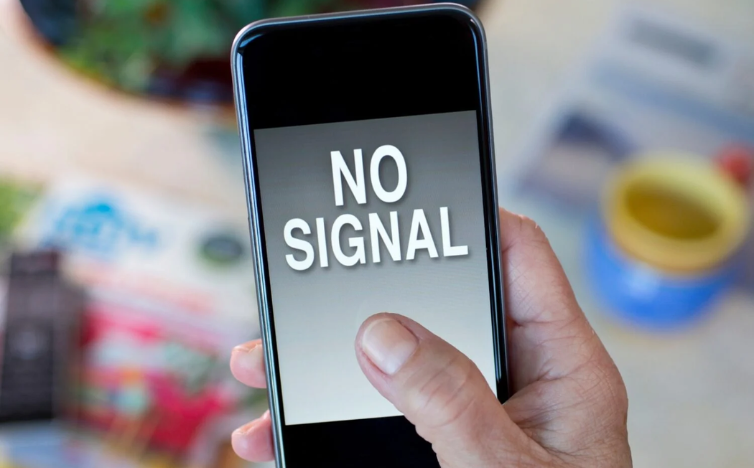Soundproofing is a popular solution for reducing noise in homes, offices, and studios. However, many people wonder if these materials can interfere with Wi-Fi and phone signals. In this article, we explore how soundproofing works, its potential effects on wireless connectivity, and practical tips to maintain strong signals.
How Soundproofing Works
Soundproofing materials are designed to block or absorb sound waves, creating a quieter environment. Common materials include dense foam, mass-loaded vinyl, drywall, and fiberglass insulation. These materials work by either reflecting sound waves or converting them into heat energy, reducing noise transmission.
While effective for sound control, some of these materials can also interfere with wireless signals like Wi-Fi and cellular connections. This is because Wi-Fi and phone signals rely on radio waves, which can be disrupted by dense or metallic materials.
Can Soundproofing Affect Wi-Fi Signals?
Yes, soundproofing can impact Wi-Fi signals, depending on the materials used. Wi-Fi operates on radio frequencies, typically 2.4 GHz or 5 GHz, which can be weakened or blocked by thick, dense materials. For example:

- Dense Insulation: Materials like fiberglass or mineral wool can absorb radio waves, reducing signal strength.
- Metallic Barriers: Mass-loaded vinyl or metal-backed drywall can reflect or block Wi-Fi signals entirely.
- Multiple Layers: Thick soundproofing walls with multiple layers can create a “Faraday cage” effect, trapping signals inside or outside the room.
However, not all soundproofing materials significantly affect Wi-Fi. Lightweight acoustic foam, for instance, has minimal impact on wireless signals.
Does Soundproofing Interfere with Phone Signals?
Similar to Wi-Fi, phone signals can also be affected by soundproofing materials. Cellular networks rely on radio waves, which can struggle to penetrate dense or metallic barriers. If your soundproofing includes materials like metal or thick concrete, you may notice weaker phone reception or dropped calls.
That said, the impact varies depending on the material’s density and the strength of the cellular signal in your area. In some cases, the effect may be negligible.
Tips to Maintain Strong Wi-Fi and Phone Signals
If you’re soundproofing a space but want to preserve wireless connectivity, consider these tips:
- Choose Soundproofing Materials Wisely: Opt for materials that have minimal impact on signals, such as acoustic foam or lightweight drywall.
- Use Signal Boosters: Install Wi-Fi extenders or cellular signal boosters to enhance connectivity in soundproofed areas.
- Position Routers Strategically: Place your Wi-Fi router in a central location, away from dense soundproofing barriers.
- Test Signal Strength: After soundproofing, check your Wi-Fi and phone signals to identify weak spots and address them.
- Consider Wired Connections: For critical devices, use Ethernet cables to ensure a stable internet connection.
Call us: Contact DeSound Soundproofing Expert in Dubai For Soundproofing: +971 56 231 4204
Conclusion
While soundproofing can improve your living or working environment by reducing noise, it may also weaken Wi-Fi and phone signals if dense or metallic materials are used. By selecting the right materials and taking steps to boost connectivity, you can enjoy both a quiet space and reliable wireless signals. Plan your soundproofing project carefully to strike the perfect balance between noise reduction and signal strength.

